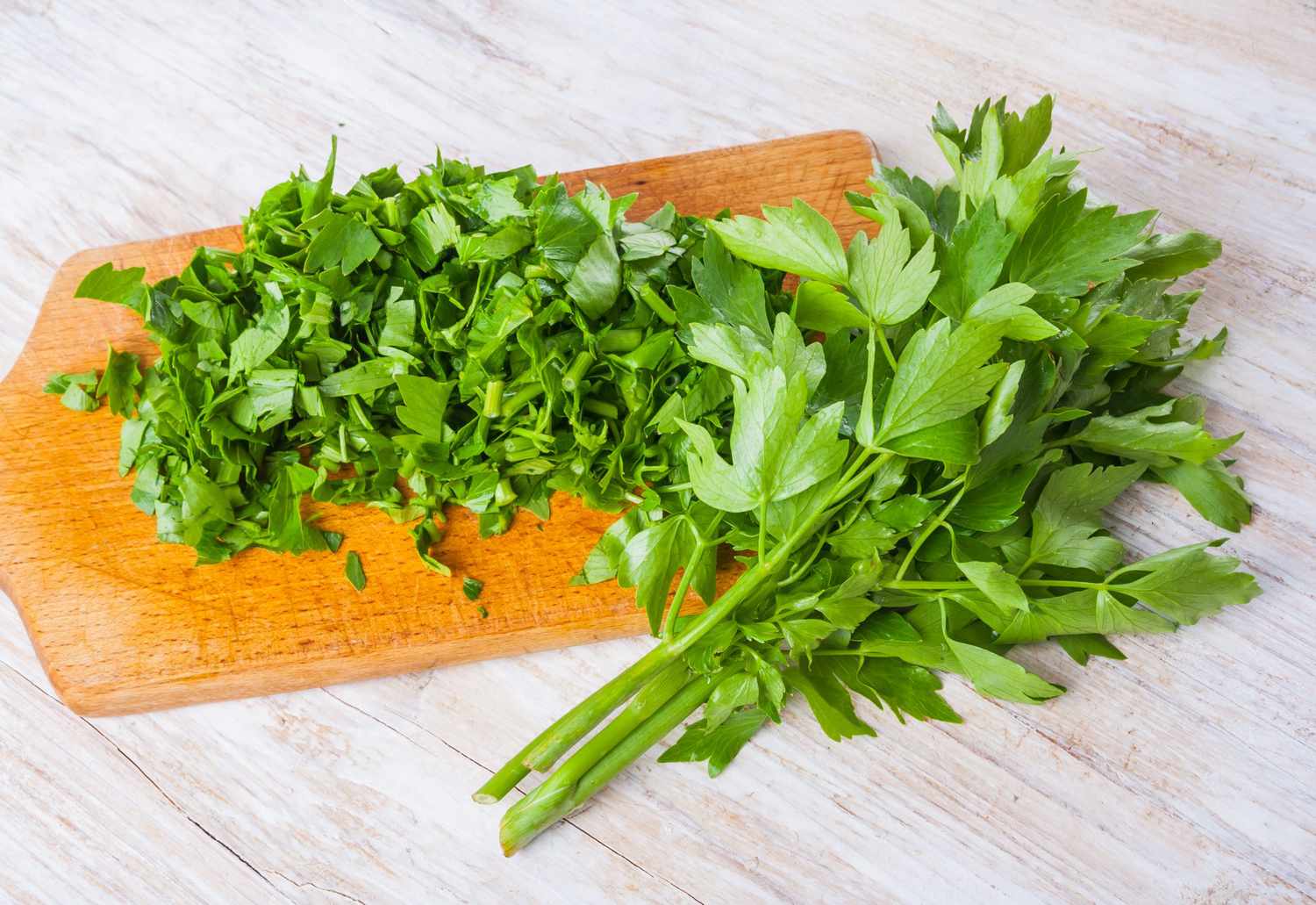
Lovage, a lesser-known herb, packs a punch in both flavor and health benefits. Often compared to celery, this leafy green has a unique taste that can elevate many dishes. But what exactly makes lovage special? Lovage is known for its strong, celery-like flavor and its ability to aid digestion. This herb has been used for centuries in traditional medicine and cooking. Its leaves, seeds, and roots are all edible, making it a versatile addition to your kitchen. Whether you're a seasoned chef or a curious home cook, learning about lovage can add a new dimension to your culinary adventures. Ready to dive into some intriguing facts about this remarkable herb? Let's get started!
Key Takeaways:
- Lovage is a versatile herb with a celery-like flavor, used in cooking and traditional medicine for centuries. It's rich in vitamins A and C, potassium, and dietary fiber, making it a nutritious addition to your diet.
- You can grow lovage in your garden with minimal care. It prefers well-drained soil, a sunny location, and plenty of space to grow. With its hardy perennial nature, it will come back year after year, providing a sustainable source of flavor and nutrients.
What is Lovage?
Lovage is a perennial herb that belongs to the Apiaceae family. Known for its celery-like flavor, it has been used in cooking and traditional medicine for centuries. Let's dive into some fascinating facts about this versatile plant.
Historical Significance of Lovage
Lovage has a rich history that spans various cultures and centuries. Here are some intriguing historical facts about this herb.
- Lovage was highly valued in ancient Rome and Greece for its medicinal properties.
- Medieval monks cultivated lovage in monastery gardens for its healing benefits.
- The name "lovage" is derived from the Latin word "levisticum," which means "to lighten," reflecting its use in traditional medicine.
Culinary Uses of Lovage
Lovage isn't just a medicinal herb; it's also a culinary delight. Here are some ways it has been used in kitchens around the world.
- Lovage leaves are often used as a seasoning in soups, stews, and salads.
- The seeds of lovage can be used as a spice, similar to fennel or caraway.
- Lovage roots are sometimes cooked as a vegetable or grated into dishes for added flavor.
Nutritional Benefits of Lovage
This herb is not only flavorful but also packed with nutrients. Here are some nutritional facts about lovage.
- Lovage is rich in vitamins A and C, which are essential for immune health.
- It contains significant amounts of potassium, which helps regulate blood pressure.
- The herb is also a good source of dietary fiber, aiding in digestion.
Medicinal Properties of Lovage
Lovage has been used in traditional medicine for various ailments. Here are some medicinal facts about this herb.
- Lovage has diuretic properties, making it useful for treating urinary tract infections.
- The herb is known for its anti-inflammatory effects, which can help alleviate arthritis symptoms.
- Lovage has been used to treat digestive issues like bloating and indigestion.
Growing Lovage in Your Garden
Interested in growing your own lovage? Here are some facts to help you get started.
Lovage: A Hidden Gem in Your Garden
Lovage, often overlooked, packs a punch in both flavor and health benefits. This herb, with its celery-like taste, can elevate soups, stews, and salads. Rich in vitamins and minerals, lovage supports digestion, reduces inflammation, and boosts immunity. Its roots, leaves, and seeds are all useful, making it a versatile addition to any kitchen.
Growing lovage is easy. It thrives in well-drained soil and sunny spots. Once established, it requires minimal care. Harvesting can begin in the second year, ensuring a steady supply of fresh herbs.
Incorporating lovage into your diet can be a game-changer. Whether you're a seasoned gardener or a culinary enthusiast, this herb deserves a spot in your garden and on your plate. Give lovage a try and experience its unique benefits firsthand.
Frequently Asked Questions
Was this page helpful?
Our commitment to delivering trustworthy and engaging content is at the heart of what we do. Each fact on our site is contributed by real users like you, bringing a wealth of diverse insights and information. To ensure the highest standards of accuracy and reliability, our dedicated editors meticulously review each submission. This process guarantees that the facts we share are not only fascinating but also credible. Trust in our commitment to quality and authenticity as you explore and learn with us.


